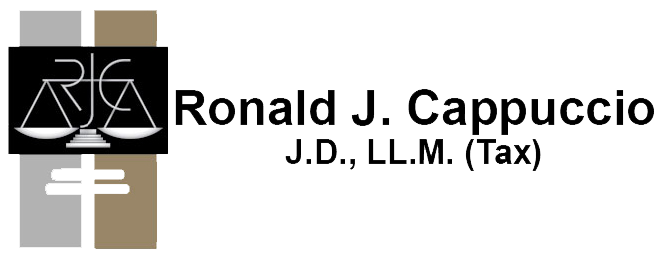The IRS Collects Tax When The Debt Is Forgiven Even Though The Taxpayer Never Actually Received Money!
Cancellation of indebtedness income, known as COD income, is a devastating trick of the Internal Revenue Code. When a debt you owed is canceled, the IRS treats this as income. That means if you owed $300,000 to a bank and the bank reduced that obligation to $100,000, you have $200,000 of taxable income. The bank issues a special 1099-C to report this to the federal and state governments and unless you need a special exception, you will be stuck paying income tax on this money you didn’t get.
Home Mortgage Exception
In 2007, as a result of the increasing mortgage foreclosure prices, cancellation of debt of up to $2 million on a principal home is not subject to cancellation of indebtedness income tax treatment. This exception is only available if they used the mortgage to acquire your principal residence or to improve their principal residence. However, if you used a home equity loan to buy cars, a second home or even a boat, the debt cancellation is still considered income. Further, this exception only applies if you lose your home to a foreclosure or short sale. Your tax return preparer will need to file IRS form 982 with your normal 1040 tax return. This law was not renewed and expired at the end of 2013. Nevertheless, I expect Congress will re-enact this provision.
Discharge In Bankruptcy
If the debt discharged in bankruptcy is not taxable income to you, it may have other tax effects such as reducing net operating losses and the basis.
Insolvency Situations
If a taxpayer is insolvent when a debt is discharged, it is not taxable income. That means, even if bankruptcy was not filed, if the taxpayer’s assets are less than the liabilities, then there is no tax. The taxpayer has the burden of proving insolvency to the IRS. And if the cancellation of debt makes a taxpayer solvent, then they are only partially excludable from income. For example, suppose a taxpayer has $400,000 of debt and $300,000 of assets, the taxpayer is insolvent by $100,000. Nevertheless, if the taxpayer convinces the bank to cancel $200,000 of debt, the taxpayer is now solvent by $100,000 and must include $100,000 in income.
Special Treatment For Farm And Real Business Property
Certain qualified farm debt is excluded from income even if the debtor is solvent. These special rules also apply for property used in trade or business and the debt was forgiven or reduced. This results in a reduction in the basis of the property but is not current taxable income.
Conclusion: Contact An Experienced Tax Lawyer
Dealing with the cancellation of indebtedness income is confusing and can be very tricky. If you anticipate a significant reduction in the debt, you should contact Ronald J. Cappuccio, J.D., LL.M. (Tax) at 856-745-4330 to discuss this issue. You can also send us an email.
